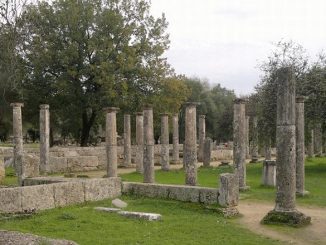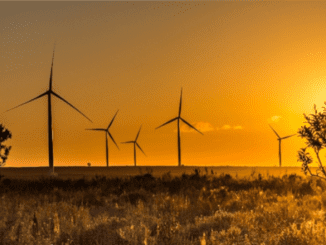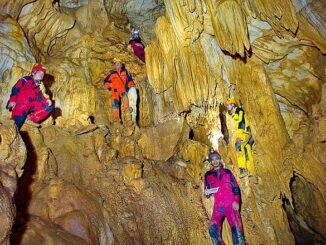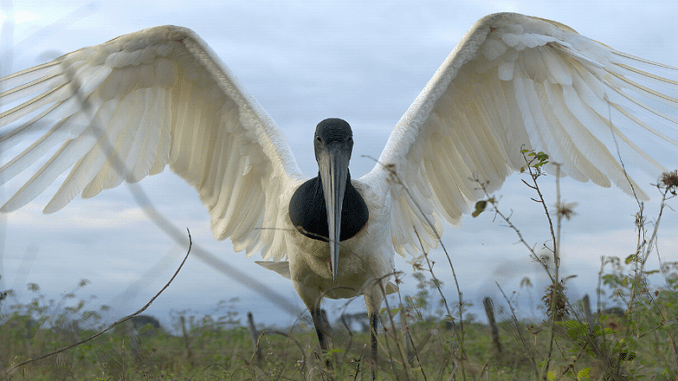
PARIS, France, August 21, 2022 (ENS) – As this year’s fire season intensifies, wildfires in Brazil are jeopardizing the world’s largest tropical wetland, the Pantanal, and its rare and imperiled wildlife. The area is inhabited by at least 3,500 species of plants, about 600 birds, 150 mammals, 175 reptiles, 40 amphibians and 300 freshwater fish – many exist nowhere else on Earth.
In recognition of the biome’s outstanding biodiversity, the United Nations Educational, Scientific and Cultural Organization, UNESCO, based in Paris, designated the Pantanal Conservation Area as a World Heritage property in the year 2000.
The Pantanal Conservation Area is a cluster of four protected areas with a total area of 187,818 hectares (725 sqare miles). Located in west-central Brazil at the southwest corner of the State of Mato Grosso, “the site represents 1.3% of Brazil’s Pantanal region, one of the world’s largest freshwater wetland ecosystems,” UNESCO states.
“The headwaters of the region’s two major river systems, the Cuiabá and the Paraguay rivers, are located here, and the abundance and diversity of its vegetation and animal life are spectacular,” UNESCO says in its description of the Pantanal Conservation Area.
The nonprofit U.S.-based Center for Biological Diversity petitioned UNESCO on Wednesday to apply “in Danger” status to that vast wetland.
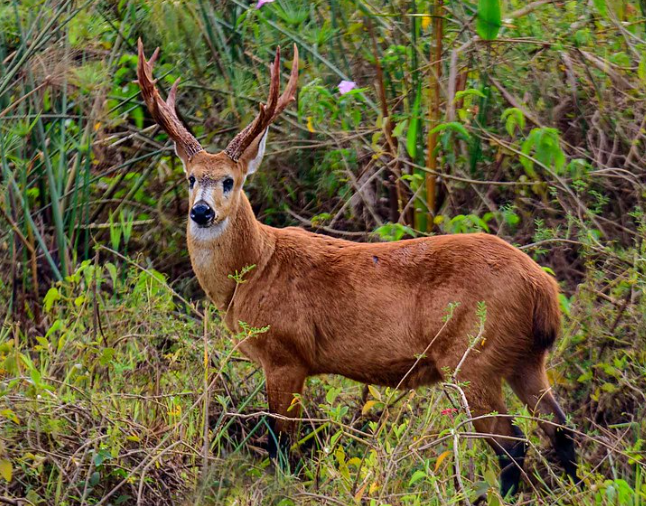
Since 2019 the Pantanal has endured unprecedented fires that have devastated millions of hectares of critical wetland and other habitats. One-third of the Pantanal World Heritage Site burned in 2020 alone.
The Center is petitioning on behalf of the irreplaceable wildlife species that are losing habitat and their lives in the raging wildfires. “Scientists estimate 17 million vertebrate animals died in these fires, epitomized by heartbreaking photos of jaguars with burned paws,” the Center said.
The 2022 fires have already destroyed a larger area than the same period last year, affecting the land and health of Indigenous and local communities and devastating the area’s biodiversity, the petition points out.
In an attempt to stop the harm, the petition urges the UNESCO World Heritage Committee to place the Pantanal site on its List of World Heritage in Danger.
The Center for Biological Diversity blames Brazilian President Jair Bolsonaro for the perilous state of the Pantanal.

The petition states, “the current management system for the property is not adequate. The government has weakened the country’s environmental regulatory regime overall. In recent years there have been numerous efforts within Brazil to weaken or remove important protections for the Pantanal, as detailed above. Encroachment of livestock and agriculture throughout the Pantanal has caused significant loss of forest cover and grasslands.149 Clearly, “major operations are necessary” for the property conservation. Accordingly, the Pantanal Conservation Area property qualifies for
“in Danger” listing.”
The Center is not alone in its alarm for the Pantanal, nor in its criticism of Bolsonaro. The New York-based nonprofit Human Rights Watch reports on its website, “Since taking office in January 2019, the Bolsonaro administration has sabotaged Brazil’s environmental law enforcement agencies, falsely accused civil society organizations of environmental crimes, and sought to undermine Indigenous rights. These policies have contributed to soaring deforestation rates in the Brazilian Amazon, an ecosystem vital for containing climate change, while jeopardizing the rights of forest defenders and local residents.”
If the Pantanal is placed on the “in Danger” list, the World Heritage Committee will adopt corrective actions for Brazil’s management of the site to ensure the country complies with its World Heritage Convention obligations and addresses threats to the site’s integrity.
“UNESCO action is critical because the Brazilian government hasn’t done nearly enough to stop new fires from burning down the Pantanal’s incredible biodiversity,” said petition author Alex Olivera, senior scientist and Mexico representative of the Center for Biological Diversity.
“President Bolsonaro’s policies promote clearing land in the Pantanal for agriculture and livestock, and he’s weakening Brazil’s environmental enforcement and monitoring agencies by cutting funds. This compromises the government’s ability to prevent and fight fires, putting the whole ecosystem at risk,” Olivera said.
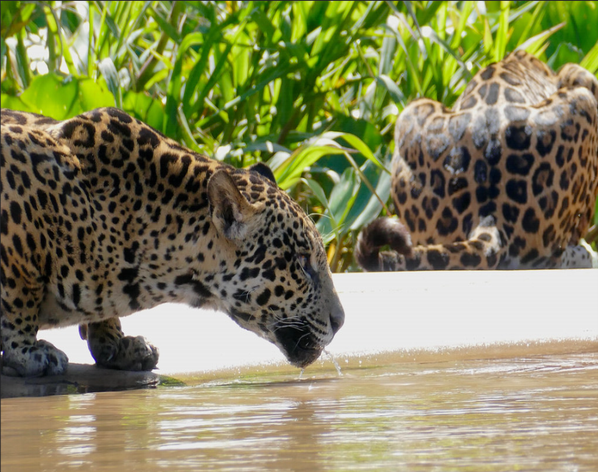
The Pantanal provides both essential habitat for imperiled species and ecological services. But it has been much modified by the recent fires, which are caused mainly by human actions and are exacerbated by drought, climate change, and the lack of effective public policies to protect the region, the petition warns.
The Center for Biological Diversity believes that an “in Danger” designation “will focus international attention on the Pantanal site and its habitat, as well as the ecological and cultural threats presented by Bolsonaro’s public policies.”
The Pantanal harbors animals that are in danger of extinction in other regions, such as the tuiuiú, which is a large stork (Jabiru mycteria), and the better-known jaguar, marsh deer, giant otter and macaw.
Under the World Heritage Convention, a site may be listed as “in danger” if is “threatened by serious and specific dangers,” including but not limited to “disappearance caused by accelerated deterioration” or “destruction caused by changes in the use of the site.”
If a property deteriorates “to the point where it has irretrievably lost those characteristics which determined its inscription on the UNESCO World Heritage List,” the property may lose its World Heritage status.
Featured image: Jabiru stork in the Pantanal wetland, June 11, 2022 (Photo by Aardwolf6886)
© 2022, Environment News Service. All rights reserved. Content may be quoted only with proper attribution and a direct link to the original article. Full reproduction is prohibited.

